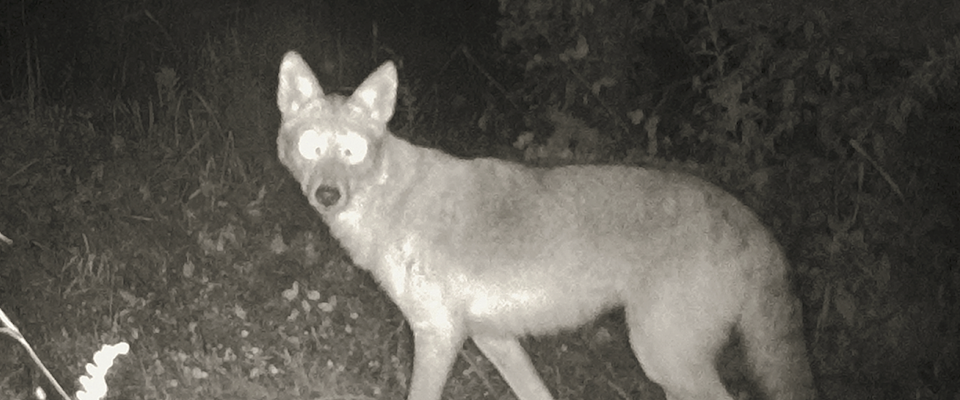Research out of UC Berkeley shows that animals around the world are becoming more nocturnal in response to human populations.
The study, published in the journal Science in June, found that mammals have, on average, become 1.36 times more active at night. In other words, a creature that normally would have split its activities equally between day and night, now carries out 68 percent of its activities at night, presumably in avoidance of humans.
According to postdoc Kaitlyn Gaynor, the threat of dinosaurs forced our distant mammalian ancestors into the night.
The research focused on medium- and large-sized mammals, from deer to coyotes, tigers to wild boar, and used a meta-analytic method, meaning that the researchers conducted an “analysis of existing analyses,” according to co-author and former Berkeley postdoc Cheryl Hojnowski. The data was drawn from 76 previous studies involving 62 species across six continents.
While previous studies have looked at the more direct impacts of human activity on wildlife, such as habitat destruction, this is the first to examine how humans’ very presence can disturb animals.
Granted, animals taking the night shift while humans take the day shift may be a way for humans and animals to coexist peacefully, but the researchers are concerned about the potential negative effects of such behavior. Diurnal predator species might not be as successful hunting at night, for example.
The study also underscores the sheer magnitude of human influence on the natural world. According to Berkeley doctoral candidate Kaitlyn Gaynor, who led the study, the threat of dinosaurs forced our distant mammalian ancestors into the night, and only when the dinos went extinct were mammals able to venture out in the daytime. Because humans are now a “ubiquitous, terrifying, diurnal presence on the planet,” Gaynor wrote in an email, “we are driving the rest of the planet’s mammals back into the darkness.”
How can we reduce that impact? Hojnowski recommends that we be more mindful of animals’ needs. Hikers should stick to designated trails, for example, and restrict recreational activities to certain times of the day so as to not disturb wildlife. “We need to leave them predictable patterns of human activity in space and time,” she said.


















